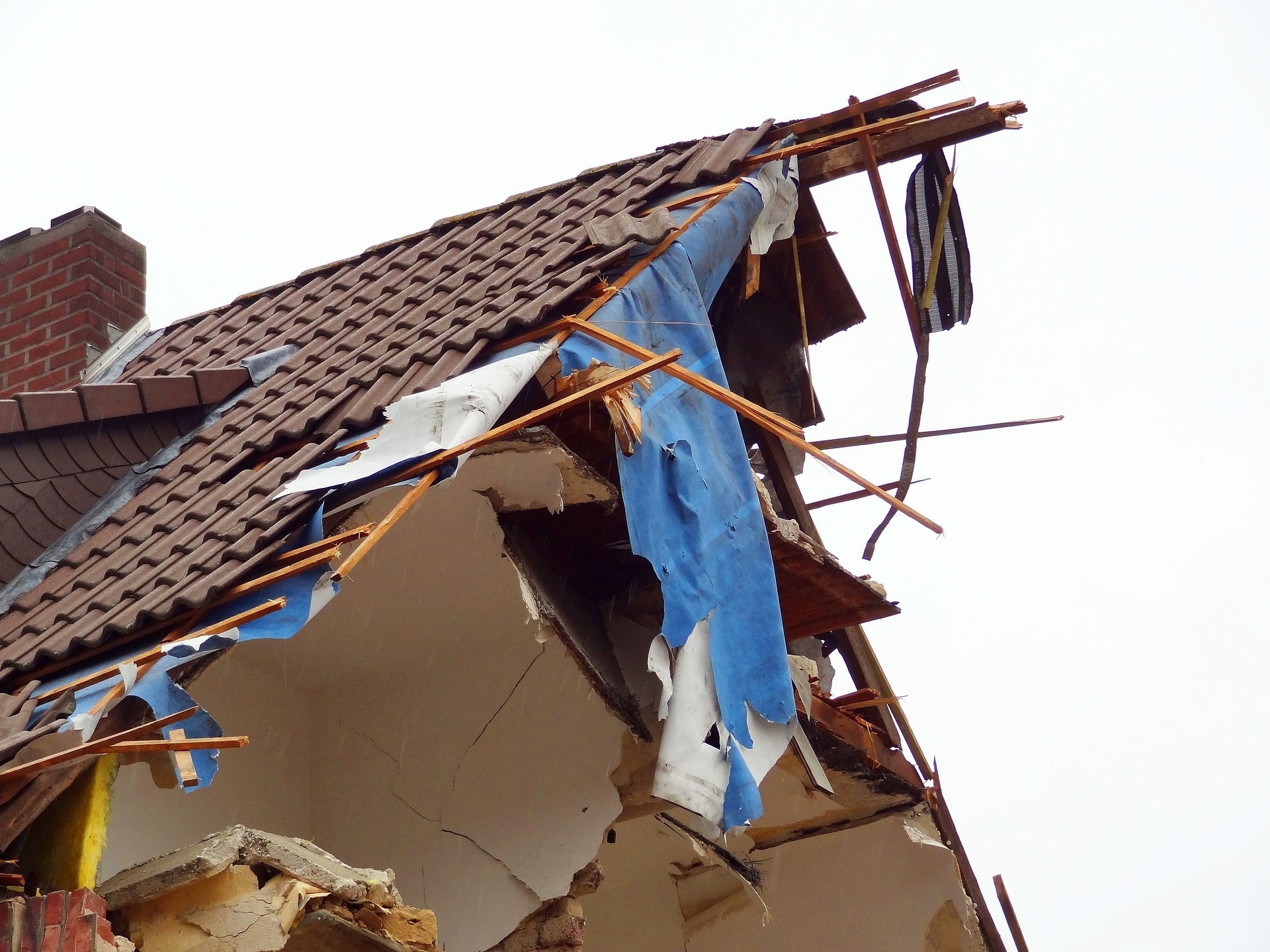
If your house has been damaged, it’s important to react quickly and correctly. You may feel various emotions, from sadness and loss to anger and frustration. It’s crucial to stay calm and focused on making the right decisions for your family. In this article, we will discuss how to deal with a house that has been damaged. We’ll provide tips on filing a claim with your insurance company and advice on what to do while your home is being repaired.
Keep Everyone Safe
The priority after your house is damaged is to keep everyone safe. If the damage is severe, it’s possible that your home is no longer safe to live in. In this case, you’ll need to find alternative accommodations for your family. If the damage is not severe, but there are still safety concerns, take steps to mitigate the risks.
For example, if there is water damage, you’ll need to turn off the power to avoid electrocution. Once everyone is safe, you can start dealing with the damage. You can also call your local emergency services for help and advice. If anyone is injured, call 911 immediately to get them medical attention.
File for an Insurance Claim
If your house has been damaged, you should first file a claim with your insurance company. This will help to cover the cost of repairs. For instance, you need to know how to file a roof insurance claim if your roof has been damaged. Make sure to take pictures of the damage and keep all receipts for any repairs you make.
When filing an insurance claim, it is important to be honest and detailed. Do not try to hide anything from the insurance company, as this could void your claim. Once you have filed a claim, an adjuster will be sent to assess the damage. They will determine how much money you will receive for repairs. Be sure to get a copy of the adjuster’s report.
Make Temporary Repairs
After your house has been damaged, it is important to make necessary repairs to prevent further damage. For example, if there is a hole in your roof, you’ll need to put a tarp over it to keep the rain out. These repairs are known as “mitigation,” and their purpose is to protect your property from further damage.
It’s important to keep all receipts for these repairs, as your insurance may cover them. However, don’t make any permanent repairs until you’ve received approval from your insurance company. Some insurance companies will require you to get multiple estimates for repairs before they give you the money.
Choose a Reputable Contractor

Once you’ve received approval from your insurance company, you can start making permanent repairs. It’s important to choose a reputable contractor who has experience with insurance claims. Make sure to get multiple bids and choose the best one for you.
Get everything in writing before repairs begin, including the scope of work. This will help to avoid any disagreements down the line. Keep all receipts and invoices for the repairs, as you may need them for your insurance claim.
After your house is damaged, it’s important to take quick and appropriate action to ensure the safety of your family and the integrity of your home. Begin by filing an insurance claim and making temporary repairs to prevent further damage. Then, choose a reputable contractor to make permanent repairs. Keep all receipts and documentation throughout the process to recoup costs from your insurance company.


































